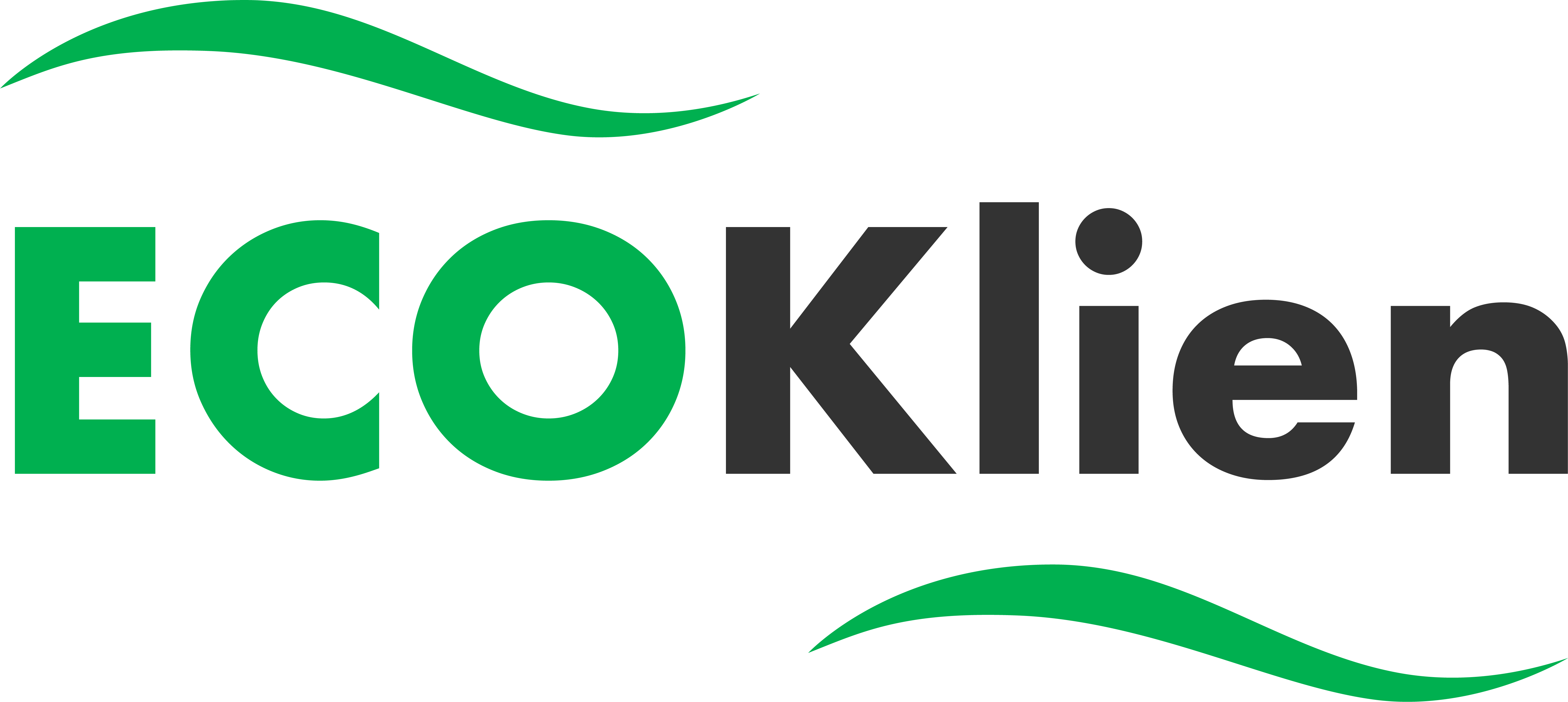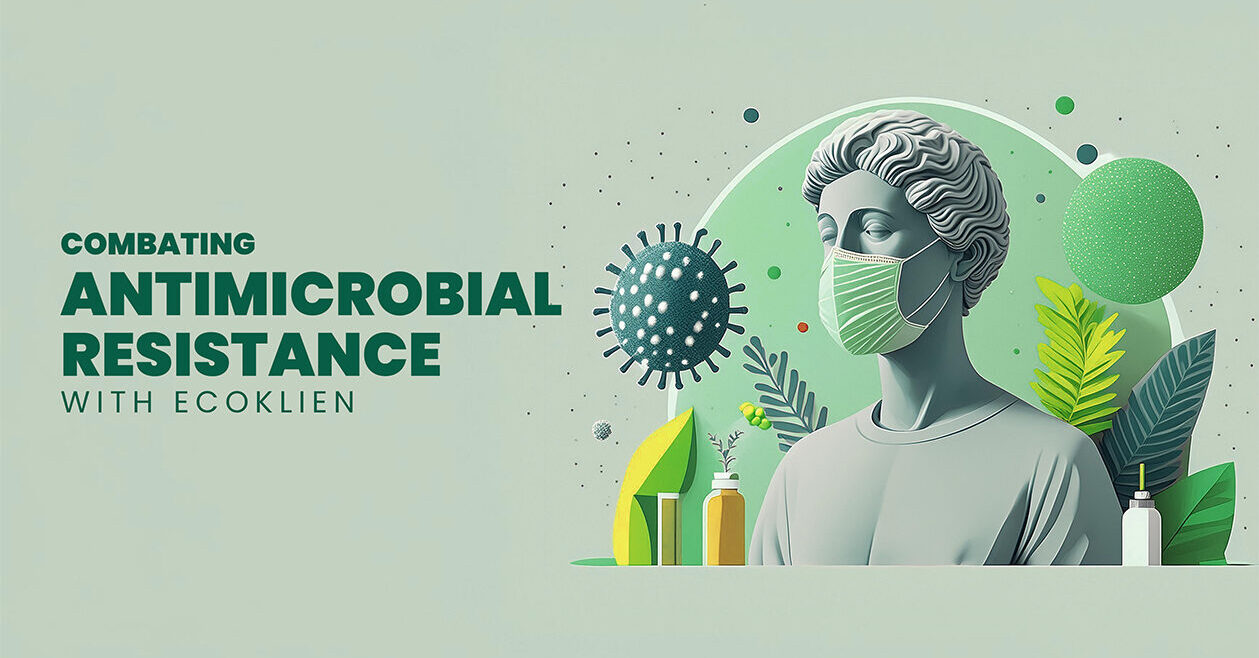Pharmaceutical waste, a byproduct of drug manufacturing, research, and healthcare, poses significant environmental and health risks if not managed properly.
What is pharmaceutical waste? This waste includes discarded pharmaceutical products like prescription and over-the-counter medications, as well as the chemical sludges and wastewaters produced during pharmaceuticals manufacturing. It also includes waste medical items, like used gloves and sharps, that contact pharmaceuticals. Because of the health hazards and ecological risks this waste poses, it requires specialized disposal processes that ensure safety. – VLS
The Environmental Impact of Pharmaceutical Waste
Improper disposal of pharmaceutical waste can lead to:
- Water Contamination: When pharmaceuticals enter water bodies, they can harm aquatic life and disrupt ecosystems.
- Soil Contamination: Landfills can release pharmaceutical compounds into the soil, affecting soil quality and groundwater.
- Antimicrobial Resistance: The overuse and misuse of antibiotics can contribute to the development of antibiotic-resistant bacteria. Read more about AMR.
The Role of ECOKlien in Pharmaceutical Waste Management
While ECOKlien is primarily designed for treating biomedical liquid waste, it can also be adapted to handle certain types of pharmaceutical waste, particularly liquid pharmaceutical waste. By effectively treating this waste, ECOKlien’s Treatment Systems can help mitigate the environmental and health risks associated with pharmaceutical pollution.
Linked in this Page
Battle Antimicrobial Resistance – Biomedical Liquid Waste
Biomedical liquid waste management has become more crucial than ever. …

